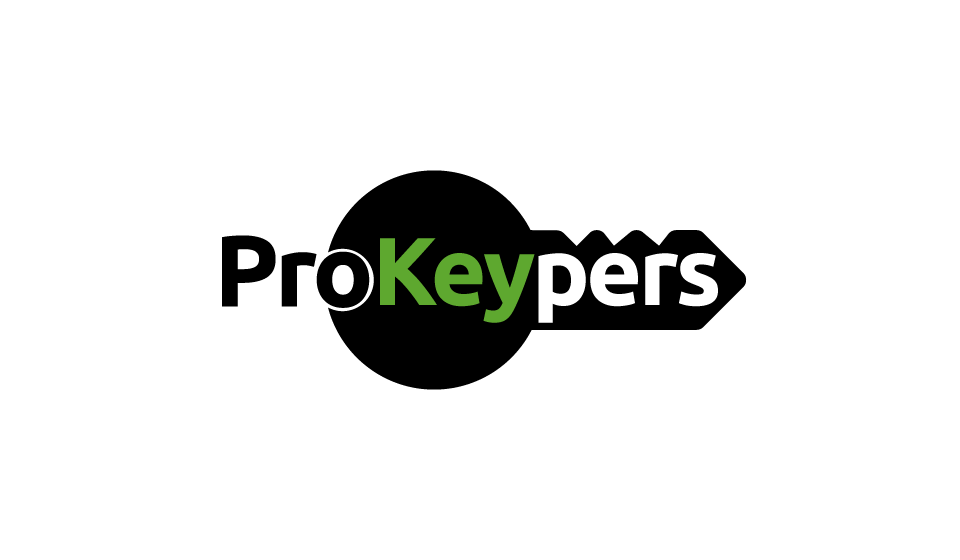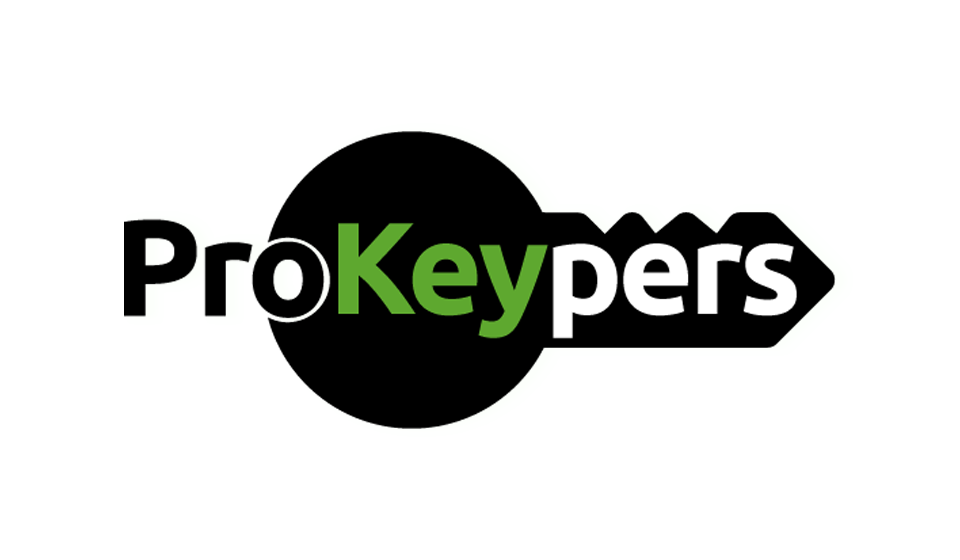How QuickBooks Can Help You Prepare Your Finances for the End of the Year
- ProKeypers

- Nov 10, 2025
- 3 min read
Updated: Dec 12, 2025
As the end of the year approaches, businesses often find themselves scrambling to organize their finances and prepare for tax season. Fortunately, QuickBooks offers powerful tools that can make year-end financial preparation a breeze. In this blog, we’ll outline how QuickBooks can help you streamline your processes, ensure accurate reporting, and set your business up for success in the new year.

1. Organize Your Income and Expenses
QuickBooks automatically categorizes your income and expenses, making it easier to track where your money is going throughout the year. This organized approach ensures you have an accurate picture of your financial situation, making it simpler to identify any discrepancies or areas that need attention before closing the books.
Tip: Review your categorized transactions to confirm they’re assigned correctly. If you notice any miscategorized items, you can quickly make adjustments to ensure accuracy.
Reconcile Your Bank Account
Reconciling your bank accounts is crucial for ensuring that your financial records match your actual bank statements. QuickBooks offers a straightforward reconciliation feature, allowing you to verify that all transactions have been accurately recorded and that your books are balanced.
Tip: Regularly reconciling your accounts throughout the year makes the year-end process faster and reduces the chances of errors or overlooked transactions.
3. Run Essential Year-End Reports
QuickBooks provides various reports that are essential for year-end financial analysis and tax preparation, such as:
- Profit and Loss Statement: This report shows your revenue and expenses, helping you understand your business's overall profitability.
- Balance Sheet: A snapshot of your business’s financial position, showing assets, liabilities, and equity.
- Cash Flow Statement: An overview of cash coming in and going out, highlighting your business's liquidity.
These reports are crucial for both tax preparation and making informed business decisions. QuickBooks allows you to customize and filter these reports to focus on the details you need.
4. Track Accounts Receivable and Payable
Managing outstanding invoices and bills is essential for maintaining healthy cash flow. QuickBooks tracks your accounts receivable and payable, so you can quickly see which clients owe you money and which bills need to be paid. Reviewing this information before year-end helps you collect outstanding payments and settle any debts.
Tip: Set up automated reminders in QuickBooks to notify clients of unpaid invoices. This feature can help improve your cash flow and reduce the time spent chasing payments.
5. Simplify Tax Preparation
QuickBooks integrates with many tax software programs, making it easier to export your financial data for tax preparation. You can generate a Tax Summary Report that shows a breakdown of your income, expenses, and deductions. This report simplifies communication with your accountant or tax advisor, ensuring you have all the necessary information at your fingertips.
Tip: Take advantage of QuickBooks' mileage tracker if you use your vehicle for business purposes. Accurate mileage tracking can lead to tax deductions and reduce taxable income.
6. Review Your Chart of Accounts
The chart of accounts is the backbone of your accounting system. Before closing the year, review your chart of accounts in QuickBooks to ensure that all accounts are relevant, properly labeled, and accurate. Removing any unnecessary or duplicate accounts keeps your financial data clean and easy to navigate.
Tip: Consider consulting with an accountant to ensure your chart of accounts aligns with your business structure and goals.
7. Back Up Your Data
QuickBooks allows you to back up your data to prevent loss of important financial information. It’s good practice to perform a backup before closing out the year to secure a copy of your entire year’s financial records. This ensures that you can easily access past data if needed for audits or other purposes.
8. Set Up Goals for the New Year
Year-end isn’t just about closing the books; it’s also an opportunity to set goals for the new year. QuickBooks can track your business’s financial performance, allowing you to set revenue, expense, or profitability goals for the upcoming year. By using budgeting tools within QuickBooks, you can create a realistic and data-driven financial plan to keep your business on track.
Tip: Review past performance trends using QuickBooks reports to set realistic and achievable goals for growth and improvement.
Preparing your finances for the end of the year doesn’t have to be stressful. QuickBooks offers a range of tools and features that simplify the process, ensuring accurate records, efficient reporting, and a streamlined approach to tax preparation. By taking advantage of these capabilities, you can confidently close out the year and set your business up for success in the new year.
Whether you’re a small business owner or managing a larger enterprise, QuickBooks can be a game-changer in your financial management. Ready to make your year-end process easier? Start utilizing QuickBooks’ features today by using the referral link below!




Comments